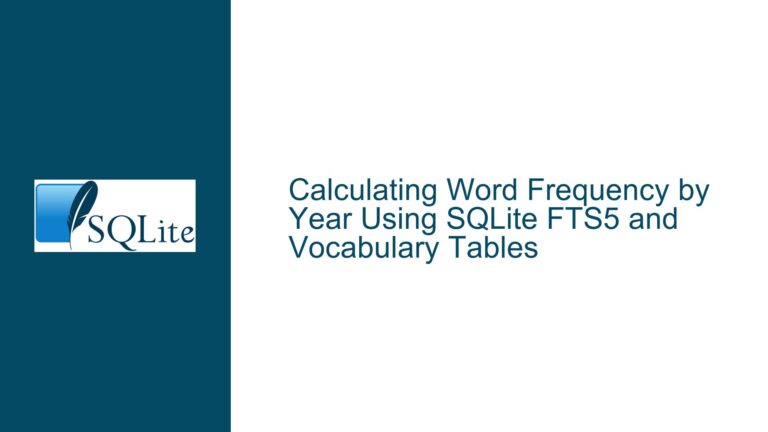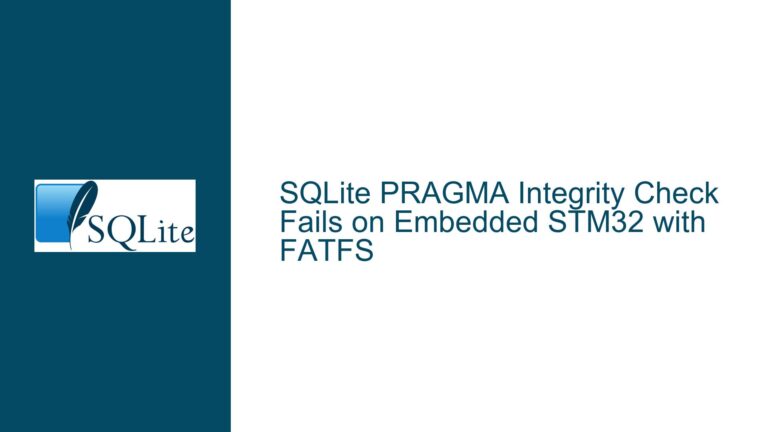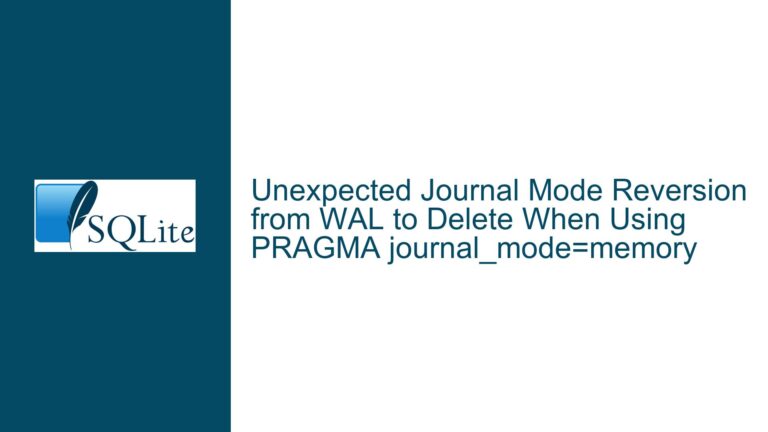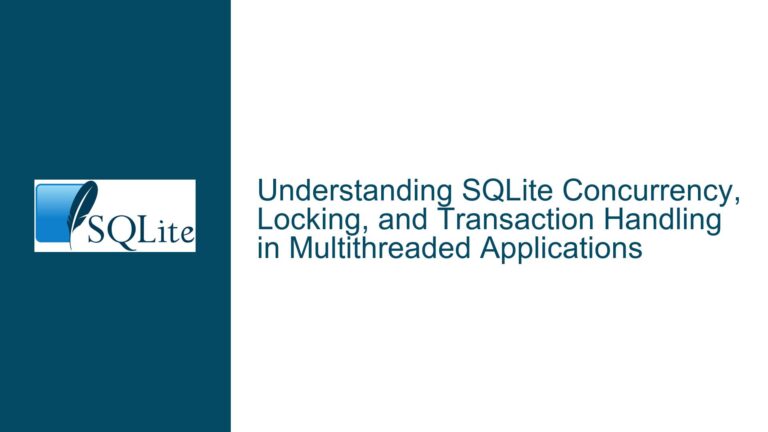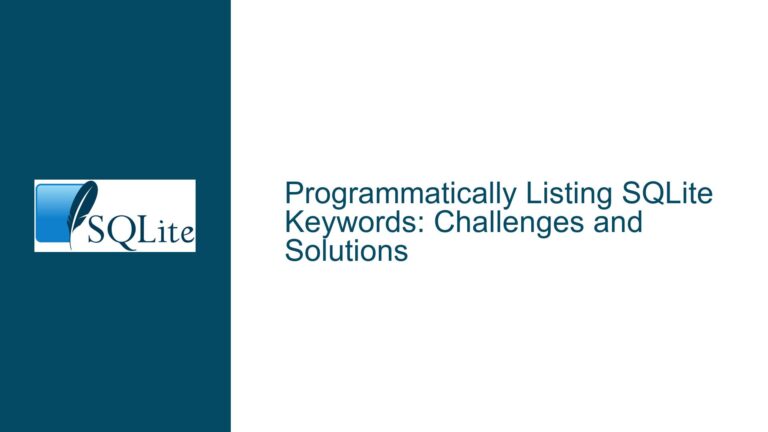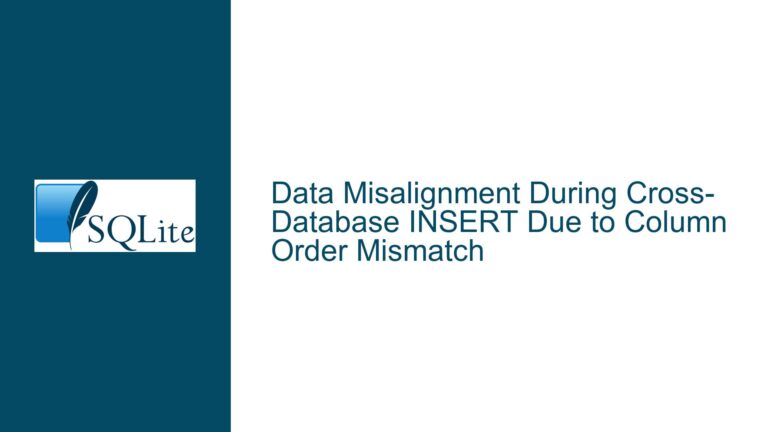SQLite Licensing Costs and Data Security in Xamarin Mobile Apps
Understanding SQLite Licensing and Data Accessibility in Xamarin Applications Core Concerns: Licensing Obligations and End-User Data Exposure The integration of SQLite into a Xamarin-based mobile application raises two critical questions for developers: Licensing Fees: Whether using SQLite in a commercial app distributed via platforms like the Google Play Store incurs hidden costs or licensing obligations….




